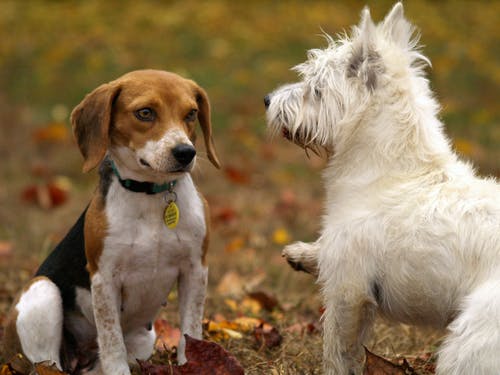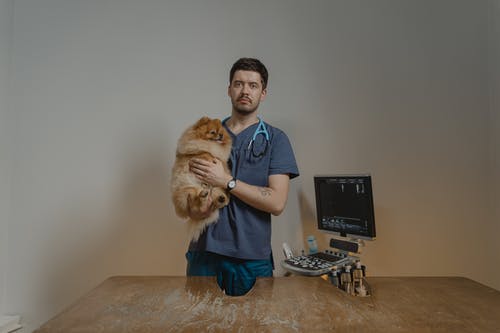Numerous canines see the vet with diarrhea, and numerous pups are experiencing it for different causes. Moderate diarrhea is regular and can be triggered by various elements, including ingesting something that does not agree with your body (for instance, table scraps) or moving your canine to various food. However, there are additional descriptions for your canine’s diarrhea, some of which are more severe.
Diarrhea in Canines: What Causes It?
Some of the prevalent causes of diarrhea in dogs are offered below:
- taking in the trash or rotten food
- Stress and anxiety or tension
- Modifications in your diet or special goodies
- Foreign things, including toys, bones, and fabric, are ingested
- Toxins or poisons consumed.
- Prescription antibiotics are examples of medications.
- Roundworms, hookworms, whipworms, Coccidia, or Giardia are examples of parasites.
- Infections triggered by bacteria, such as salmonella
- Inflammatory bowel disease (IBD) is a type of bowel disease that
- Pancreatitis
- Colitis
- Kidney or liver disease
- Cancer of the intestine
When Should You See Your Vet?
If your canine has had an episode of diarrhea and looks healthy, it is unlikely to trigger concern. Keep an eye on your dog’s fecal movements to see if anything enhances. There could be a problem if your canine has more than two episodes of diarrhea, so consult your vet for a puppy check up if your dog has two or more bouts of diarrhea.
If your pup is straining to pass a stool but only passing small volumes of watery diarrhea, it could be struggling with an agonizing blockage triggered by a foreign object, such as a toy, ingestion. This hazardous disorder needs instant veterinary assistance; contact your vet or get treatment at the closest emergency animal hospital.
Repeated bouts of diarrhea can harm your animal’s health, especially if they are incredibly old, really young, or have a weakened body immune system. Parvovirus infections are exceedingly unsafe, infectious, and lethal. If your canine has frequent episodes of diarrhea or persistent diarrhea, see your vet straight.
If your canine shows the signs that are listed below, schedule a visit with your vet immediately:
- Weakness
- Stool with blood
- Throwing up
- Exceptional drooling
- Appetite Deficit
- Dehydration symptoms (Sunken, dry-looking eyes, dry nose, or dry, sticky gums).
Contact your vet if your canine companion displays any symptoms you are worried about. If your family pet’s signs necessitate an examination, your vet will let you know. Visit this link for more info on pet care.
What do you require to do to treat your dog with diarrhea?
Never administer human drugs to your canine without first visiting your veterinarian. Numerous common non-prescription drugs are safe for humans and are harmful to canines. For a day or two, dull food may assist your dog’s issue. Plain white rice prepared with a little chicken and canned plain pumpkin (not pumpkin pie filling) may make your canine’s stomach feel better.
Slowly reintroduce your dog’s routine food once they’re feeling well. Natural yogurt, cottage cheese, egg without oil, specially made dog diet plans, and drugs prescribed by your vet are all possible remedies for your canine’s upset stomach. Also grooming is very important. If you want to have your pet groomed, type in your searchbar “pet grooming near me” to get the best grooming service near you.
Conclusion
It’s constantly better to be very cautious when it concerns your closest friend’s health. It’s crucial to have your dog checked by a trusted vet. They will be able to develop the root of your dog’s diarrhea and prescribe the most appropriate medication to keep your pet healthy and safe.








